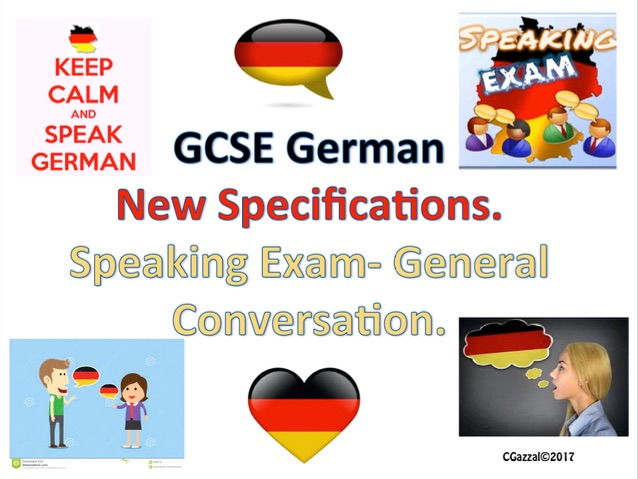CGazzal's Shop
I have over 25 years language teaching experience in UK secondary schools and 12 years as a Curriculum Leader. I was also a GCSE examiner for many years. I love languages and have enjoyed creating these resources. I am working on lots of resources for the GCSE new specifications.





















